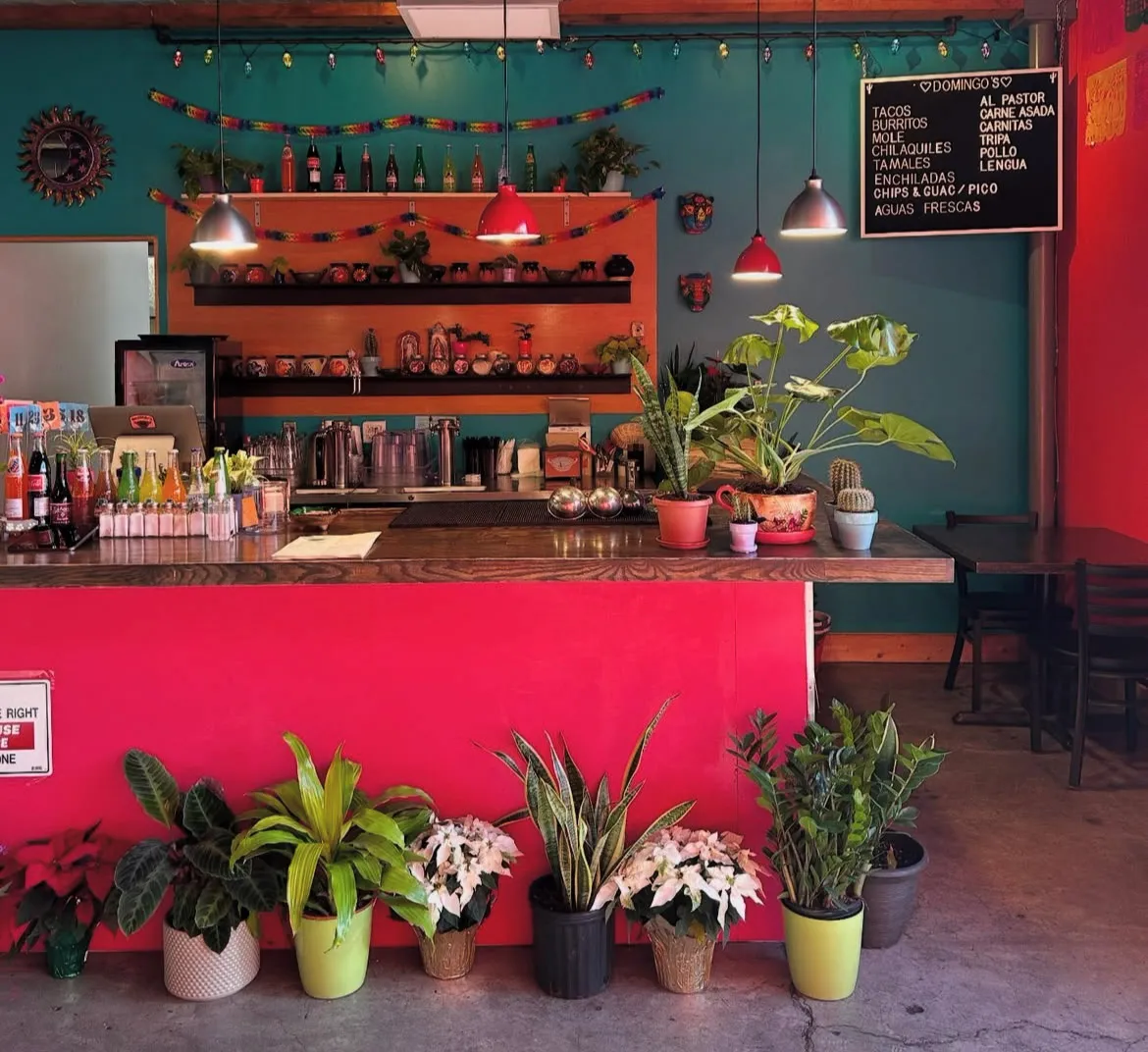A Family Business Under Pressure
For the Carrasco family, their Portland restaurants—Santo Domingo Taqueria (opened 2006) and Domingos (opened 2024)—are more than just businesses. They are a celebration of their Oaxacan heritage in the heart of Oregon. Oregon Capital Chronicle The family moved to the Willamette Valley originally for work in berry and apple fields and later pursued entrepreneurship in Portland. Oregon Capital Chronicle
Recently, however, the Carrascos have found themselves in an unsettling state of tension. They have received multiple phone calls from individuals claiming to be ICE agents threatening to arrest employees—calls made anonymously. Their neighbourhood, the culturally diverse Cully area of Portland, has become quieter as customers are reportedly afraid to leave their homes or visit local businesses. “We feel it as a business… People are scared to come out. Everyone is stressed and everyone is scared,” said their daughter, Leslie. Oregon Capital Chronicle
Broad Impact Across Oregon
The experience of the Carrascos is far from isolated. Latino‐owned markets and stores in cities across Oregon are reporting signs of heightened enforcement and its impact:
Also Read
-
In Portland, SuperMercados Mexico posted notices at the entrance stating that ICE agents cannot enter without a judicial warrant, after alleged ICE activity in their parking lot. “This is private property, so we’re not going to allow people who are trying to target a certain group to just come into our parking lot and disturb our business,” said manager Cris Nuñez. Oregon Capital Chronicle
-
In Salem, El Torito Supermarket staff have been trained on how to respond when immigration agents appear. They launched free delivery for orders above $25 to reduce in‐store visits amid fears. Owner Lily Perez said fewer customers are coming in, and referenced a recent video showing ICE agents detaining a man in the store’s parking lot. “Our workers felt powerless… but it reinforced our promise to take care of our community and give them a safe space,” Perez said. Oregon Capital Chronicle
These businesses reflect a pattern of increasing uncertainty: owners adapting operations, posting signage, training staff, and adjusting services to preserve safety and maintain customer trust.
Fear and Uncertainty Among Employees and Customers
The ripple effects extend beyond business operations. Employees are said to be fearful of coming to work, and customers are increasingly hesitant to visit public spaces they formerly frequented, as noted by multiple Latino business-owners.
Ricki Ruiz, a bilingual state legislator representing a diverse district in Gresham, said he’s heard from businesses across the state—from Ontario to Hillsboro—about employees who are afraid to show up and customers fearful to leave their homes. He warned that in some cases ICE is detaining legal residents or U.S. citizens. “What we’re seeing is there are people being detained and there’s no arrest warrant… the reason they’re being detained is because they look brown, they speak brown and they do work jobs that are predominantly done by brown people.” Oregon Capital Chronicle+1
Policy and Legal Questions
Oregon is designated as a sanctuary state, meaning state law prohibits state or local law enforcement from participating in federal immigration enforcement or using its resources to assist ICE. However, Ruiz and other lawmakers argue more protections are needed—such as restricting the sharing of employee information, limiting workplace access for ICE, or banning face-coverings for agents in certain contexts. But such attempts face constitutional or federal‐supremacy legal challenges. Oregon Capital Chronicle+1
A recent ruling by the U.S. Supreme Court allows immigration agents to consider race under certain circumstances, complicating the enforcement landscape further. Oregon Capital Chronicle+1
Looking Ahead
For the Carrasco family and many others, the business is now bound up in community trust, cultural connection, and a sense of safeguarding employees and customers—not just serving food or goods. Added security concerns and changes in customer behaviour threaten not only revenue but the vibrant community role these businesses play.
Owners are adapting: posting signage, offering home delivery, rejecting anonymous calls, training staff, and increasingly working to reassure both employees and customers that their space is safe and inclusive.
As enforcement dynamics continue to evolve, Oregon’s Latino‐owned businesses may increasingly find themselves operating in a climate of unease and guarded resilience, trying to maintain commerce, culture, and community amid broader policy and enforcement shifts.












